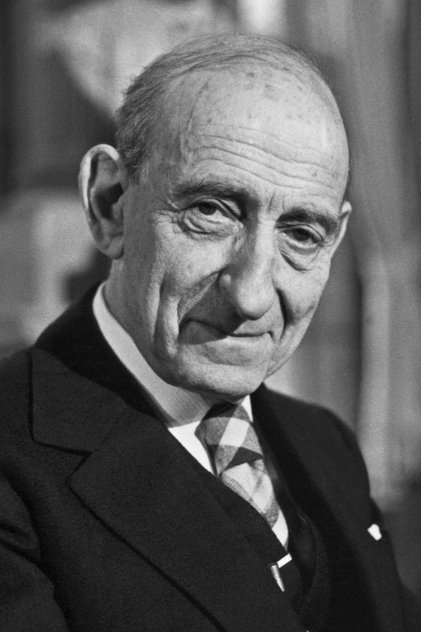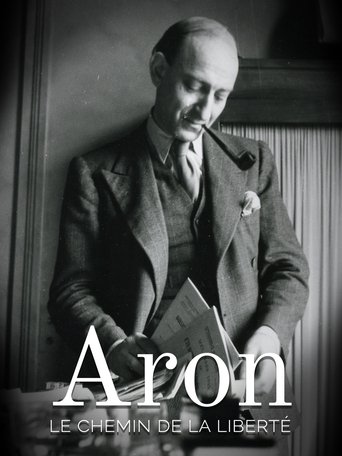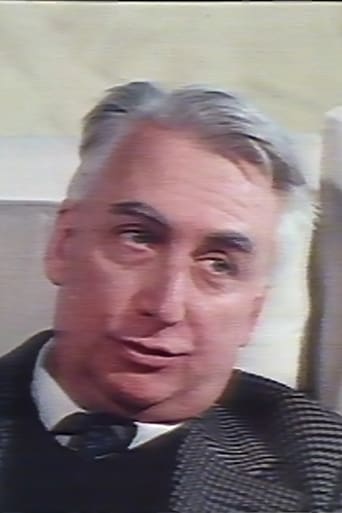
Raymond Aron
Raymond Claude Ferdinand Aron (14 March 1905 – 17 October 1983) was a French philosopher, sociologist, political scientist, historian and journalist, one of France's most prominent thinkers of the 20th century. Aron is best known for his 1955 book The Opium of the Intellectuals, the title of which inverts Karl Marx's claim that religion was the opium of the people; he argues that Marxism was the opium of the intellectuals in post-war France. In the book, Aron chastised French intellectuals for what he described as their harsh criticism of capitalism and democracy and their simultaneous defense of the actions of the communist governments of the East. Critic Roger Kimball suggests that Opium is "a seminal book of the twentieth century". Aron is also known for his lifelong friendship, sometimes fractious, with philosopher Jean-Paul Sartre. The saying "Better be wrong with Sartre than right with Aron." became popular among French intellectuals. Considered by many as a voice of moderation in politics, Aron had many disciples on both the political left and right; he remarked that he personally was "more of a left-wing Aronian than a right-wing one". He is generally referred to as a conservative liberal or right-wing liberal. Aron wrote extensively on a wide range of other topics. Citing the breadth and quality of Aron's writings, historian James R. Garland suggests, "Though he may be little known in America, Raymond Aron arguably stood as the preeminent example of French intellectualism for much of the twentieth century." Born in Paris, the son of a secular Jewish lawyer, Aron studied at the École Normale Supérieure, where he met Jean-Paul Sartre, who became his friend and later his lifelong intellectual opponent. He was a rational humanist, and a leader among those who did not embrace existentialism. Aron took first place in the agrégation of philosophy in 1928, the year Sartre failed the same exam. In 1930, he received a doctorate in the philosophy of history from the École Normale Supérieure. He had been teaching social philosophy at the University of Toulouse for only a few weeks when World War II began; he joined the Armée de l'Air. When France was defeated, he left for London to join the Free French forces, editing the newspaper, France Libre (Free France). When the war ended Aron returned to Paris to teach sociology at the École Nationale d'Administration and Sciences Po. From 1955 to 1968, he taught at the Sorbonne, and after 1970 at the Collège de France as well as the École des hautes études en sciences sociales (EHESS). In 1953, he befriended the young American philosopher Allan Bloom, who was teaching at the Sorbonne. A lifelong journalist, Aron in 1947 became an influential columnist for Le Figaro, a position he held for thirty years until he joined L'Express, where he wrote a political column up to his death. He was elected a Foreign Honorary Member of the American Academy of Arts and Sciences in 1960 and an International member of the American Philosophical Society in 1966. In 1978 he founded Commentaire, a quarterly journal of ideas and debate, together with Jean-Claude Casanova who was the venture's founding director. Aron died of a heart attack in Paris on 17 October 1983. ... Source: Article "Raymond Aron" from Wikipedia in English, licensed under CC-BY-SA 3.0.
- 인기 : 0.01
- 알려진 : Acting
- 생신 : 1905-03-14
- 출생지 : Paris, France



